Oh, damaged hair! It's the bane of our existence, isn't it? Whether it's from heat styling, chemical treatments, or just plain bad luck, we've all been there. But fear not, my fellow hair warriors, for I have embarked on a quest to find the best conditioner for damaged hair that will turn your tresses from drab to fab in no time!
In this ultimate buyer's guide, I'll take you through an epic journey (okay, maybe not that epic) to discover the top conditioners that will breathe life back into your weary locks. You can expect some hearty chuckles along the way, as well as a generous serving of helpful tips and insights that will make your hair care routine a breeze.
So, grab your favorite hairbrush, sit back, and let's dive into the world of conditioners that will transform your hair from "meh" to "heck yeah!"
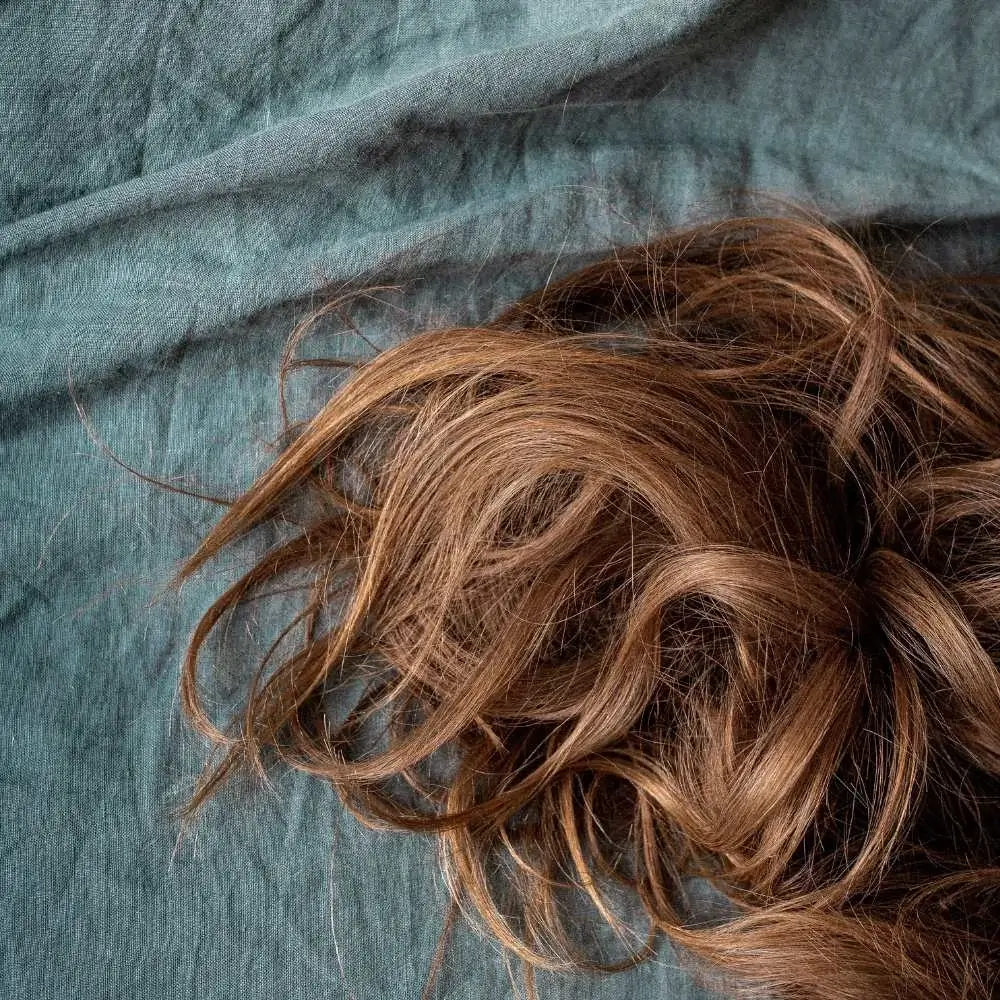
Understanding Damaged Hair
What Causes Hair Damage?
Before we dive into the magical world of conditioners, let's take a moment to understand the villain in this story: hair damage. It's not just a buzzword used by hair care brands to sell their products; hair damage is real, and it can happen to anyone. Here are some common culprits:
- Heat Styling: Love rocking those beachy waves or sleek, straight locks? Your styling tools might be causing more harm than good. Excessive heat can weaken your hair's protein structure, leaving it susceptible to breakage.
- Chemical Treatments: Coloring, perming, or relaxing your hair can give you the look you desire, but at a cost. Chemicals strip away your hair's natural moisture and weaken its structure, resulting in damage over time.
- Environmental Factors: Sun exposure, pollution, and even chlorine from swimming pools can wreak havoc on your hair. They can strip away your hair's natural oils and leave it feeling dry and brittle.
- Over-washing: Squeaky clean hair might sound like a dream, but washing your hair too often can strip it of its natural oils, leading to dryness and breakage.
- Rough Handling: Are you a hair-tugger or an aggressive towel dryer? Being too rough with your hair can lead to breakage and split ends.
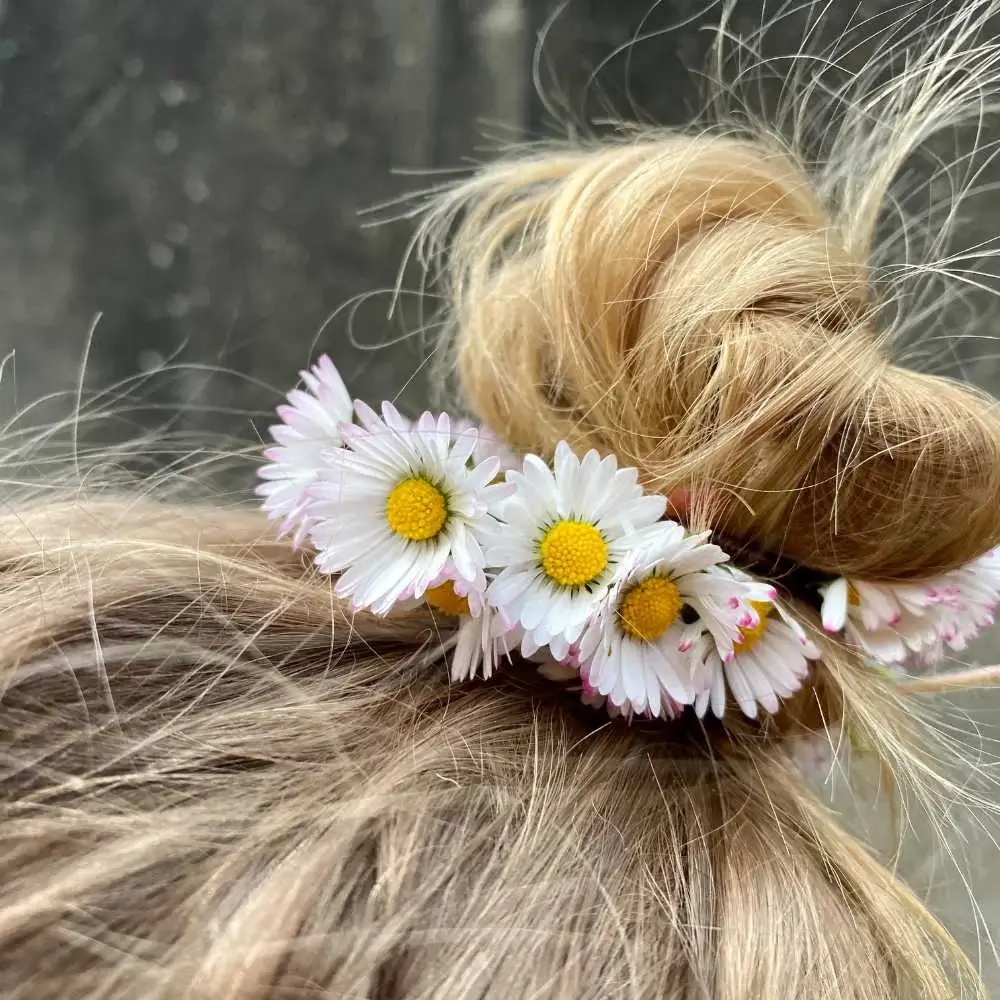
Signs of Damaged Hair
Now that we know the usual suspects behind hair damage, let's look at some telltale signs that your hair might be crying out for help:
- Dryness: If your hair feels parched and lacks shine, it could be a sign of damage. Healthy hair has a natural sheen and is soft to the touch.
- Split Ends: Take a close look at your hair tips. If you see splits or fraying, it's a clear sign of damage. Split ends can travel up the hair shaft and make your hair more prone to breakage.
- Breakage: If you notice more hair in your brush or on the bathroom floor, it could be due to damaged hair that's breaking off easily.
- Tangles: Damaged hair tends to tangle more easily, making it difficult to comb or brush without causing further damage.
- Loss of Elasticity: Healthy hair can stretch without breaking, but damaged hair is more fragile and prone to snapping when pulled.
Now that we've covered the basics of hair damage, let's move on to the main event: finding the best deep conditioner to restore your hair to its former glory!
Why You Need a Special Conditioner for Damaged Hair
You might be wondering, "Why can't I just use my regular conditioner?" Well, my friend, while your everyday conditioner may do an adequate job of providing some moisture, it might not have the necessary ingredients to tackle the specific needs of damaged hair. Allow me to explain:
- Targeted Repair: Conditioners specifically designed for damaged hair contain ingredients that provide deep nourishment and help repair broken bonds within the hair structure.
- Extra Moisture: Damaged hair craves moisture like a plant in the desert. Special conditioners for damaged hair are often formulated with extra hydrating ingredients to quench your hair's thirst and restore its natural moisture balance.
- Protection: To prevent further damage, you need a conditioner that forms a protective barrier around your hair strands. This helps shield your hair from environmental aggressors and heat-styling tools.
In short, using a special conditioner for damaged hair is like going to a specialist doctor – they know the problem inside out and have the right tools to fix it.
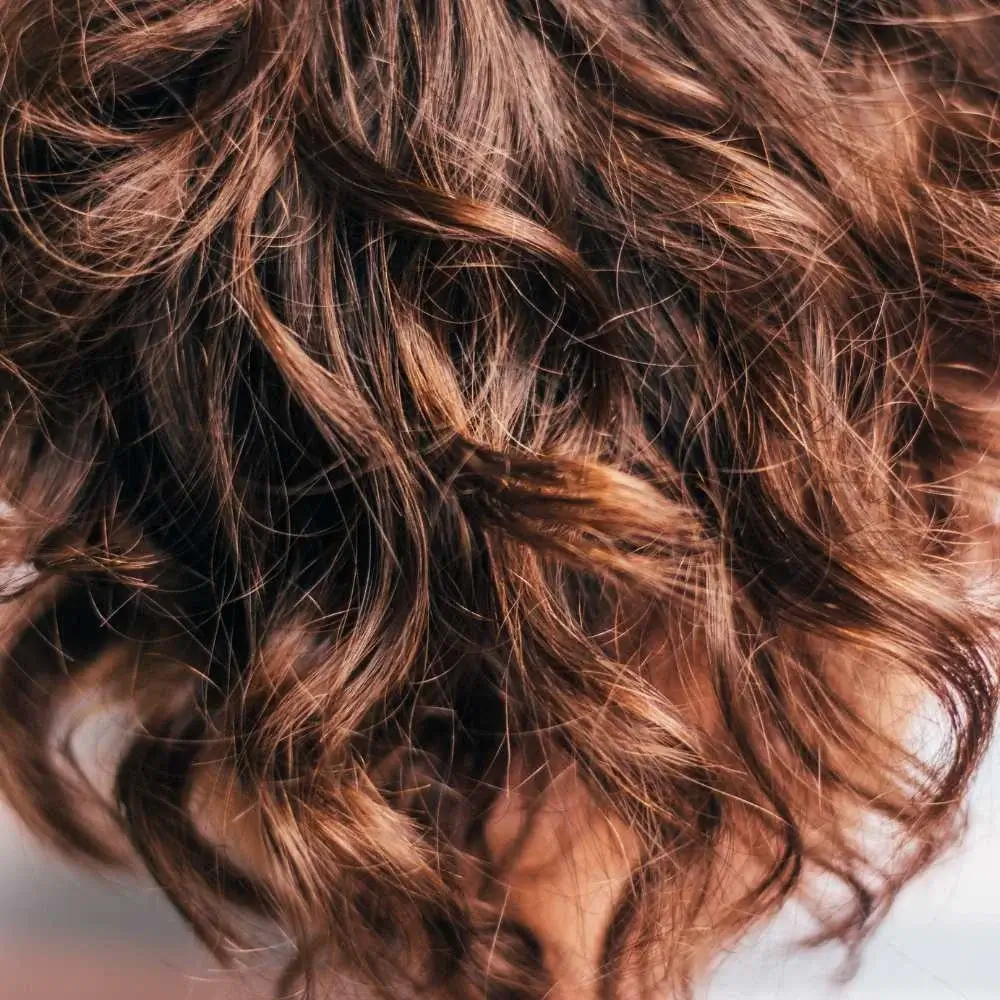
Benefits of Using a Conditioner for Damaged Hair
Now that we've established the need for a special conditioner, let's talk about the glorious benefits you can expect when you find the perfect match for your damaged locks:
- Revitalized Hair: A good conditioner for damaged hair will breathe life back into your tresses, making them look and feel healthier.
- Improved Texture: Kiss goodbye to straw-like hair! The right conditioner will soften your hair, making it more manageable and easier to style.
- Reduced Breakage: By strengthening your hair and restoring its elasticity, a conditioner for damaged hair can help reduce breakage and split ends.
- Added Shine: Get ready to dazzle with hair that shines like a diamond! A nourishing conditioner can help restore your hair's natural luster.
- Protection: As mentioned earlier, a good conditioner for damaged hair will protect your locks from further damage, giving you peace of mind as you style and venture out into the world.
Now that we've covered the importance of a good conditioner and its benefits, it's time to explore some top picks to help you find your hair's new best friend!

Factors to Consider When Choosing a Conditioner
Hair Type and Texture
Before you go conditioner shopping, it's essential to know your hair type and texture. This will help you find a product that caters specifically to your hair's needs. Here's a quick rundown of different hair types and what to look for in a conditioner:
- Fine Hair: Lightweight and volumizing conditioners work best for fine hair. Avoid heavy, oil-based products that can weigh your hair down.
- Thick or Coarse Hair: Rich, moisturizing conditioners are your best bet for taming thick or coarse hair. Look for products with nourishing oils and butters that can penetrate deeply and soften your hair.
- Curly Hair: Curly hair is naturally prone to dryness and frizz. Opt for a hydrating conditioner with ingredients like glycerin and natural oils to define your curls and keep them moisturized.
- Oily Hair: If you have oily hair, choose a lightweight, balancing conditioner that won't add extra grease to your scalp. Avoid overly rich or heavy products.
Ingredients to Look for in a Conditioner
When searching for the best conditioner for damaged hair, keep an eye out for these superhero ingredients that can help repair and protect your locks:
- Proteins: Ingredients like keratin, silk, or wheat proteins can help strengthen your hair and repair damaged areas.
- Natural Oils: Look for conditioners containing nourishing oils like argan, coconut, or jojoba to provide deep hydration and shine.
- Humectants: Glycerin, honey, and aloe vera are excellent humectants that attract moisture from the air and lock it into your hair.
- Panthenol: Also known as pro-vitamin B5, panthenol helps moisturize and improve hair elasticity, reducing the risk of breakage.
- Silicones: While some people avoid silicones due to build-up concerns, they can be beneficial in small amounts for damaged hair, as they form a protective barrier and help smooth the hair cuticle.
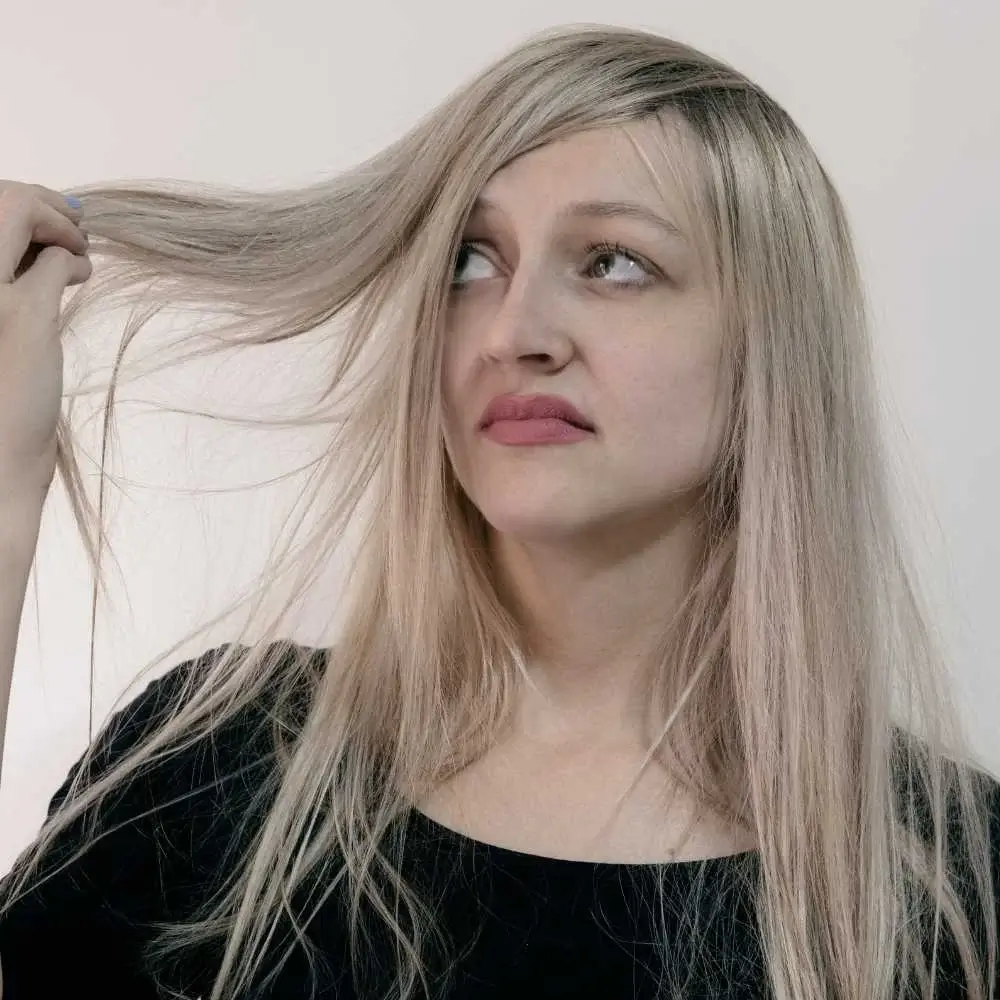
Specific Hair Concerns to Address
Lastly, consider any specific hair concerns you want your conditioner to address. For example:
- Color-Treated Hair: If you have color-treated hair, opt for a conditioner that's specifically designed to protect and prolong your color while providing damage repair.
- Frizz Control: If frizz is your nemesis, look for conditioners with soothing ingredients like silk protein or silicone to help tame unruly strands.
- Scalp Health: If you have an itchy or sensitive scalp, choose a conditioner with soothing ingredients like chamomile or tea tree oil to provide relief.
Armed with this knowledge, you're now ready to embark on your quest to find the best conditioner for your damaged hair. Happy hunting, and may your hair soon be the envy of all who behold it!
Our List of the Top Products in This Category
- Redken Bonding Conditioner for Damaged Hair Repair
- L'Oreal Professionnel Absolut Repair Conditioner
- Moroccan Argan Oil Conditioner
- The Good Stuff Frizz Control Oil Conditioner

Tips for Using Conditioner on Damaged Hair
How to Properly Apply Conditioner
You've found the perfect conditioner for your damaged hair – hooray! But wait, there's more to it than just slapping it onto your hair and hoping for a miracle. Here's how to properly apply conditioner for maximum results:
- Wash Your Hair: Start by washing your hair with a gentle shampoo that's suitable for your hair type. Rinse thoroughly to remove any dirt, oil, or product build-up.
- Squeeze Out Excess Water: Before applying the conditioner, gently squeeze out excess water from your hair. This allows the conditioner to penetrate better and not get diluted by the water.
- Apply Conditioner from Mid-Lengths to Ends: Take a dollop of conditioner (adjust the amount based on your hair length and thickness) and apply it to your hair, focusing on the mid-lengths to ends. These are the areas that usually need the most moisture and repair. Avoid applying conditioner to your scalp, as this can weigh your hair down and make it look greasy.
- Comb Through: Use a wide-tooth comb or your fingers to gently distribute the conditioner evenly through your hair. This ensures every strand gets the nourishment it needs.
- Let It Sit: Give the conditioner some time to work its magic. Follow the instructions on the packaging for how long to leave it in – usually around 3-5 minutes. For an extra boost, you can use a shower cap to trap heat, which helps the conditioner penetrate deeper.
- Rinse Thoroughly: When the time is up, rinse your hair thoroughly with cool or lukewarm water. This will help seal the hair cuticle and lock in the moisture.
Additional Tips for Maximizing Results
Here are some bonus tips to help you get the most out of your conditioner and further improve the health of your damaged hair:
- Use a Hair Mask Weekly: For an extra dose of hydration and repair, treat your hair to a nourishing hair mask once a week. This can help speed up the healing process and keep your hair looking fabulous.
- Be Gentle with Your Hair: Treat your hair with kindness by avoiding rough towel-drying, aggressive brushing, or tight hairstyles that can cause breakage. Instead, use a microfiber towel to gently squeeze out moisture and detangle your hair with a wide-tooth comb.
- Limit Heat Styling: Give your hair a break from heat-styling tools as much as possible. If you must use them, always apply a heat protectant spray beforehand and use the lowest heat setting necessary.
- Trim Regularly: Regular trims can help prevent split ends from traveling up the hair shaft and causing more damage. Aim to trim your hair every 6-8 weeks.
By following these tips and using your new conditioner consistently, you'll be well on your way to healthier, happier hair. Cheers to your hair transformation journey!
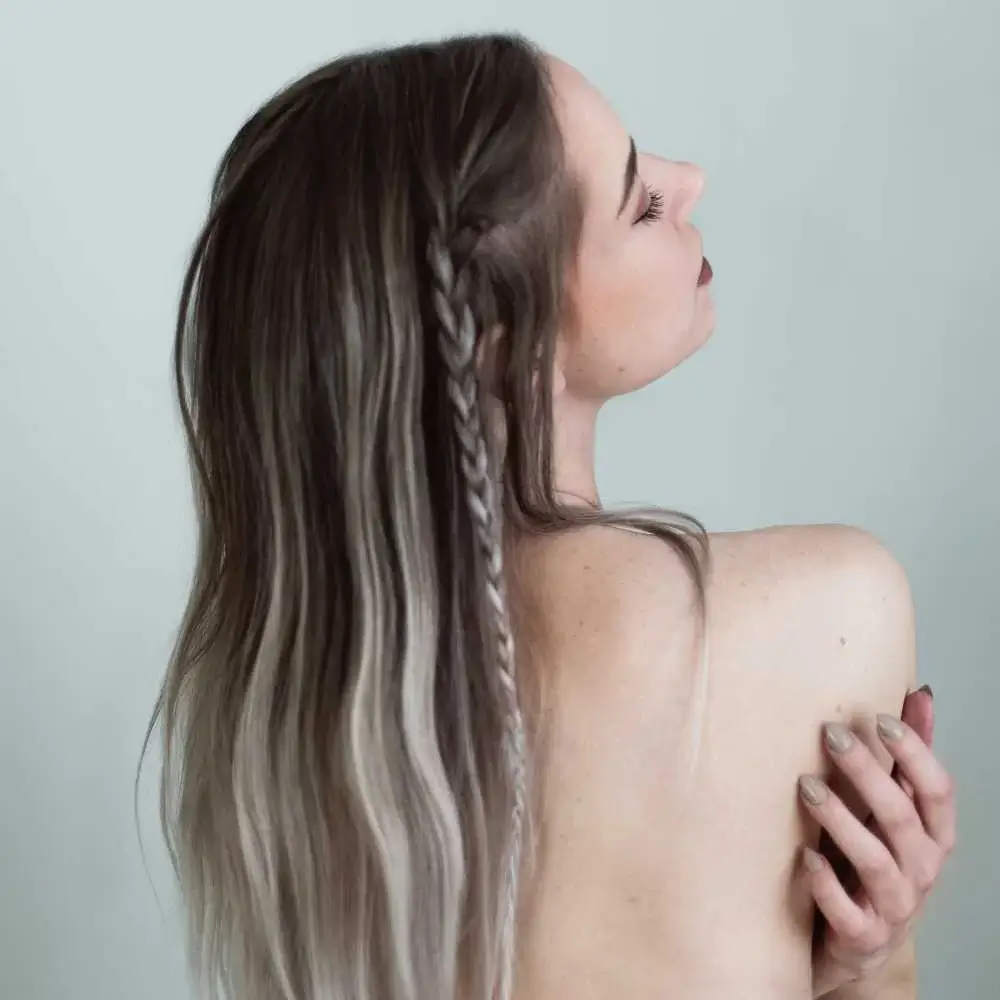
In your quest for the perfect conditioner for damaged hair, we've covered some crucial ground. To summarize, prioritize moisture and hydration in your conditioner, seeking out ingredients like natural oils, shea butter, and hyaluronic acid. Look for nourishing elements such as vitamin E, keratin, and silk proteins to revive your locks. Choose a lightweight formula that leaves no greasy residue and indulge in delightful scents that transport you to paradise. Remember, the path to finding your hair's soulmate may be a winding one, but the reward of healthy, fabulous locks is worth it. Keep exploring, stay fierce, and let your hair shine!
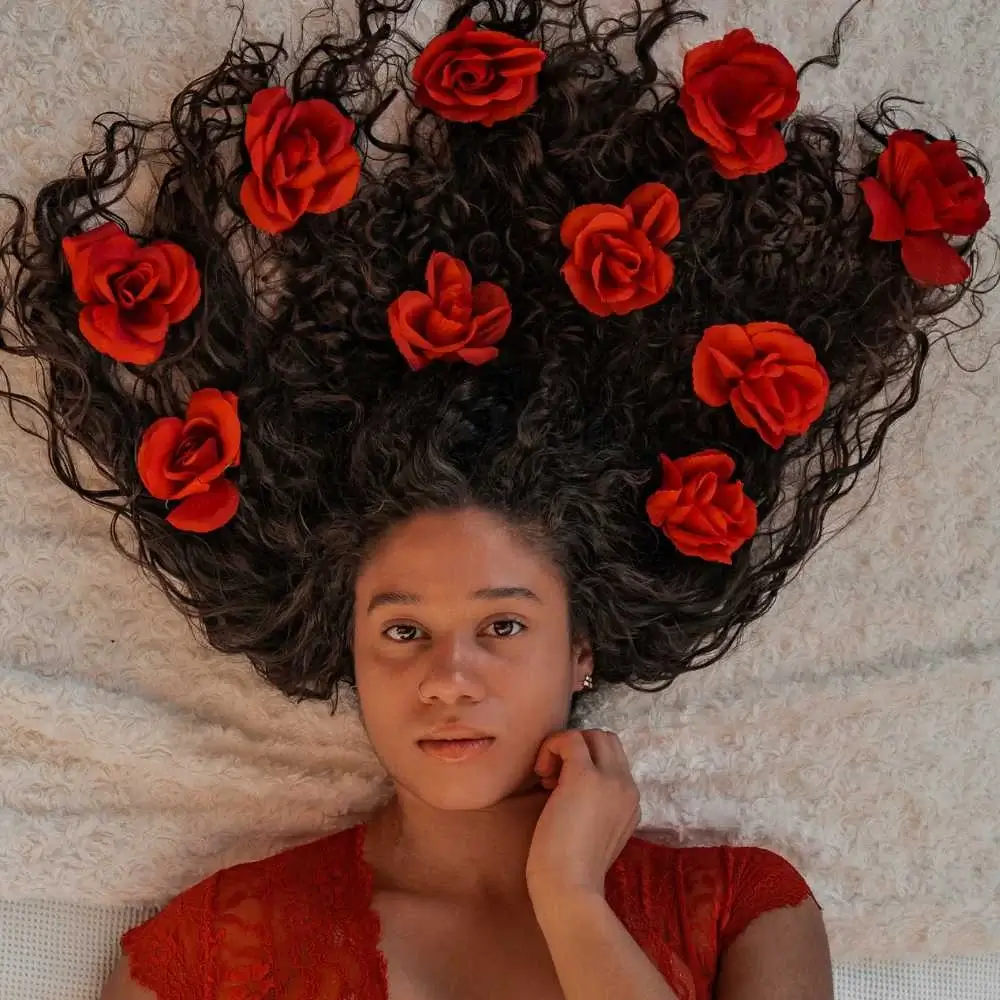
FAQs about Conditioner for Damaged Hair
Can a conditioner really prevent further damage to my hair?
Yes! A good conditioner forms a protective barrier around the hair shaft, shielding it from external factors that can cause further damage, such as heat styling, pollution, or chemical treatments. It helps in maintaining hair strength and preventing breakage.
How often should I use a conditioner for damaged hair?
It is recommended to use a conditioner for damaged hair every time you shampoo. Apply it from mid-length to the ends of your hair, leave it on for a few minutes, then rinse thoroughly. Some conditioners can also be used as leave-in treatments for added hydration.
Can I use a regular conditioner instead of one specifically for damaged hair?
While regular conditioners provide some level of hydration, conditioners specifically designed for damaged hair are more effective. They contain targeted ingredients that address the unique needs of damaged hair, providing better repair and nourishment.
Will a conditioner make my hair greasy or weigh it down?
Not if you choose the right conditioner for your hair type. Look for lightweight formulas that are labeled as "weightless" or "for fine hair" if you're concerned about greasiness or added weight. Additionally, make sure to apply the conditioner mainly to the mid-lengths and ends rather than the scalp.
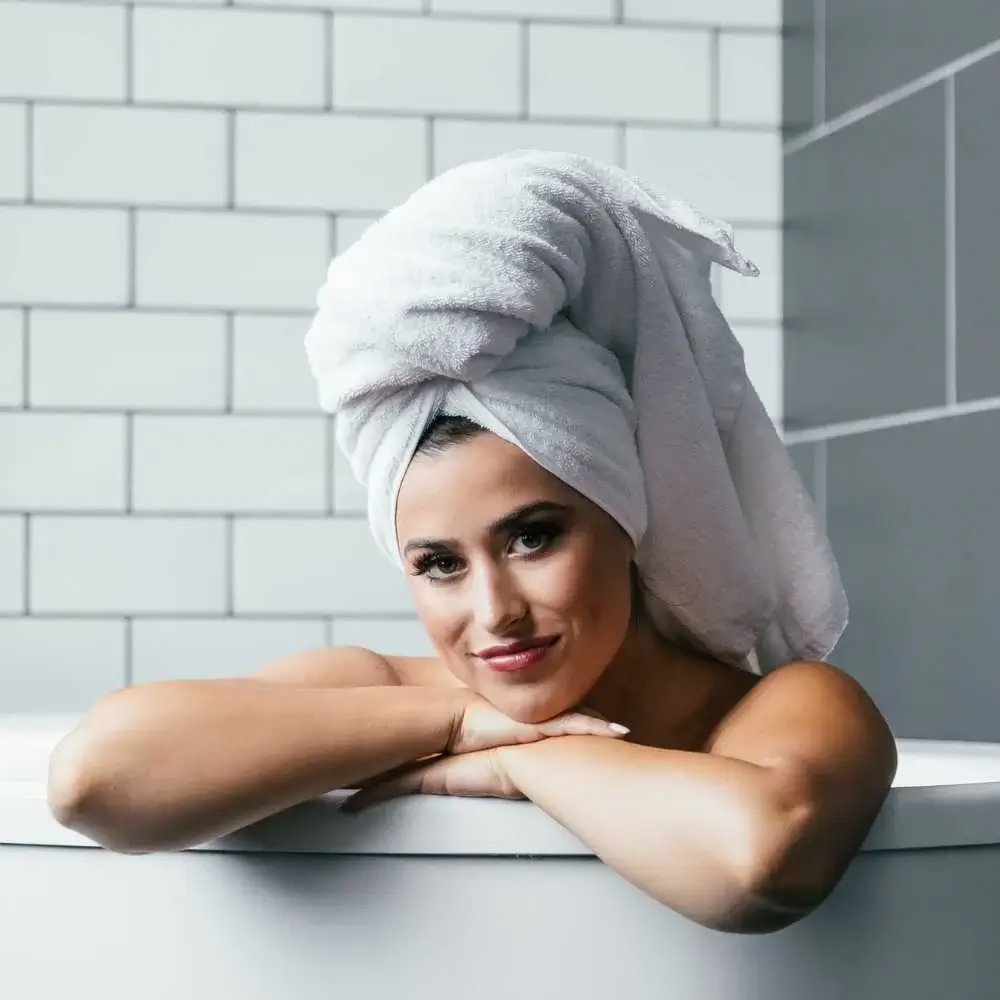
How long will it take to see results from using a conditioner for damaged hair?
The time it takes to see results can vary depending on the extent of the damage and the specific conditioner used. However, with consistent use over a few weeks, you should notice improved hair texture, reduced breakage, and increased manageability.
Can a conditioner for damaged hair help with frizz control?
Yes, many conditioners for damaged hair also have frizz-control properties. They help smoothen the hair cuticles, reducing frizz and flyaways. Look for conditioners that specifically mention frizz control or smoothing benefits.
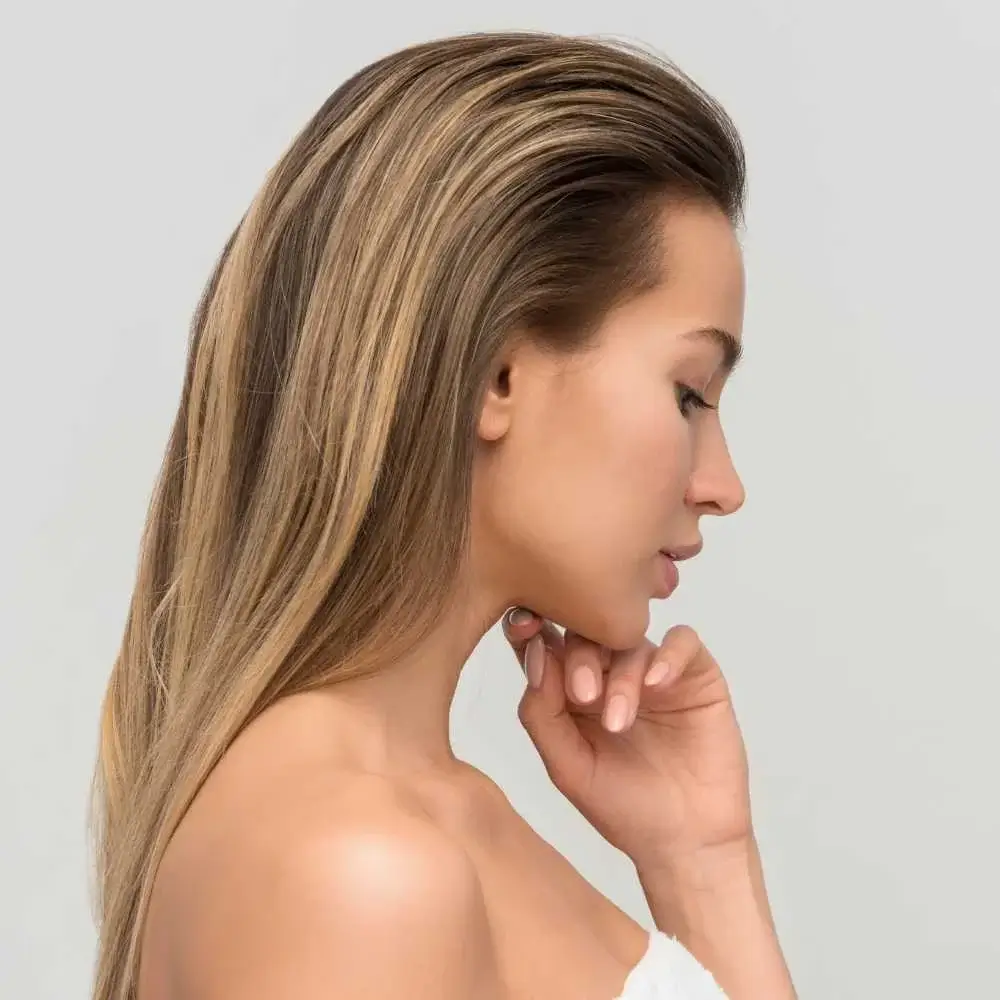
Are there any natural or organic conditioners for damaged hair?
Yes, there are natural and organic options available. Look for conditioners that are free from sulfates, parabens, and artificial fragrances. Ingredients like aloe vera, jojoba oil, or chamomile extract are often found in natural or organic conditioners and can provide nourishment to damaged hair.
Can men use conditioners for damaged hair too?
Absolutely! Conditioners for damaged hair are suitable for both men and women. Damaged hair affects everyone, regardless of gender. Using a conditioner specifically designed for damaged hair can help restore health, strength, and manageability to men's hair as well.







